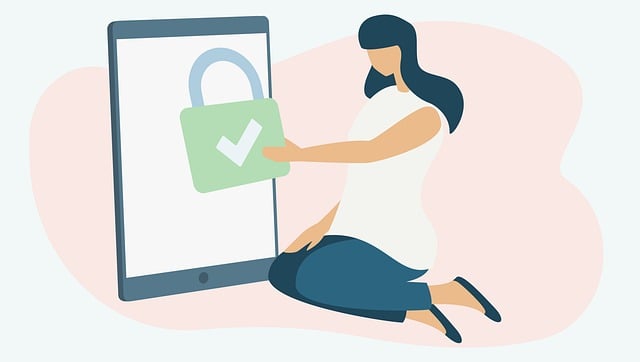Can vpn protect you from hackers

VPN protection from hackers, In an increasingly connected world, the threat of hacking and cybercrime looms large. With personal information, financial data, and sensitive communications all traveling over the internet, it’s no wonder people are looking for robust solutions to protect themselves. One such solution is a Virtual Private Network (VPN). But how effective is a VPN in shielding you from hackers? Let’s explore the capabilities of VPNs in providing protection against hacking threats.
What is a VPN?
A VPN, or Virtual Private Network, is a tool that creates a secure, encrypted tunnel between your device and the internet. By routing your internet traffic through this encrypted tunnel, a VPN masks your IP address and ensures that your data is transmitted securely, away from prying eyes.
How Does a VPN Protect You from Hackers?
1. Encryption of Data
One of the primary ways a VPN protects you is through encryption. When you connect to the internet via a VPN, all the data sent from your device is encrypted. This means that even if a hacker manages to intercept your data, they would only see scrambled, unreadable information.
2. IP Address Masking
A VPN hides your real IP address by assigning you a new one from its own server. This makes it difficult for hackers to track your online activities or pinpoint your physical location. By masking your IP address, a VPN also helps protect against targeted attacks that exploit known vulnerabilities associated with your actual IP.
3. Secure Public Wi-Fi Use
Public Wi-Fi networks are notorious for being insecure, making them prime targets for hackers. When you use a VPN on a public Wi-Fi network, your data is encrypted, providing an additional layer of security that protects you from common attacks like man-in-the-middle (MITM) attacks, where a hacker intercepts communication between your device and the internet.
4. Protection Against Phishing Attacks
Some VPN services include features that block access to malicious websites known for phishing attacks. These features help prevent you from accidentally landing on fake websites designed to steal your personal information. While a VPN cannot directly stop phishing emails, it can reduce the risk of falling victim to phishing websites.
5. Avoiding ISP Snooping
Internet Service Providers (ISPs) can potentially monitor and log your internet activities. This data can sometimes be accessed by hackers who breach ISP security or even sold to advertisers. A VPN prevents ISPs from snooping on your online behavior, ensuring your browsing history and personal information remain private.
Limitations of VPNs in Protecting Against Hackers
While VPNs offer significant protection, they are not a silver bullet for all cybersecurity threats. Here are some limitations to consider:
1. Endpoint Security
A VPN encrypts data in transit, but it doesn’t protect your device from malware, viruses, or other threats that may already be present on your device. It’s essential to use antivirus software and practice safe browsing habits in conjunction with a VPN.
2. Phishing Emails
VPNs cannot prevent phishing emails from reaching your inbox. These emails often contain malicious links or attachments designed to steal your information. Vigilance and good email security practices are crucial to avoid falling victim to phishing scams.
3. Social Engineering Attacks
Hackers often use social engineering tactics to trick individuals into revealing sensitive information. A VPN cannot protect you from being deceived by a convincing scam or fake identity. Awareness and education about social engineering tactics are essential for protection.
4. Compromised VPN Providers
Not all VPN providers are created equal. Some may have weak security practices, keep logs of user activity, or even be vulnerable to breaches themselves. It’s important to choose a reputable VPN provider with a strong track record of security and privacy.
Choosing the Right VPN
To maximize the protection a VPN offers, select a reputable provider with robust security features, such as:
- Strong Encryption: Look for VPNs that use AES-256 encryption, which is currently considered the gold standard in security.
- No-Logs Policy: Ensure the VPN provider does not keep logs of your online activities.
- Additional Security Features: Features like a kill switch (which disconnects your internet if the VPN connection drops) and DNS leak protection can provide extra layers of security.
- Reputation and Reviews: Research the VPN provider’s reputation and read reviews to ensure they have a history of protecting user privacy and security.
Conclusion for VPN protection from hackers,
A VPN is a powerful tool that can significantly enhance your online security and protect you from many common hacking threats. By encrypting your data, masking your IP address, and securing your connection on public Wi-Fi, a VPN provides a robust line of defense against hackers. However, it should be used as part of a comprehensive security strategy that includes antivirus software, safe browsing practices, and awareness of phishing and social engineering tactics. By combining these measures, you can enjoy a safer and more secure online experience.
Loading newsletter form...






